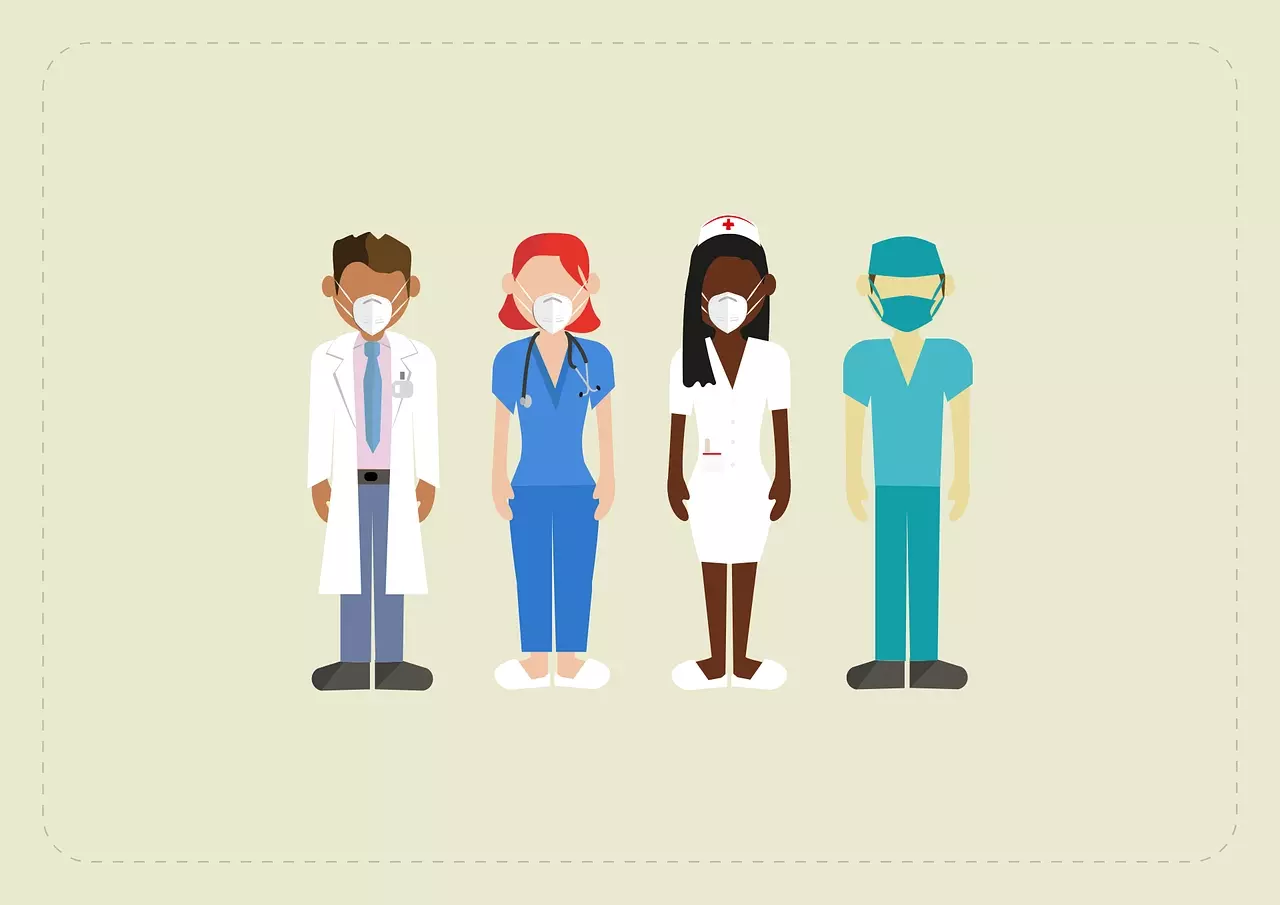As a nurse currently working in a corporate position, I often take the opportunity to think about my healthcare colleagues and about the state of the healthcare industry at large. As we embark upon what is sure to be a challenging winter with a post-Thanksgiving COVID-19 surge likely, some of the questions I find myself asking are:
-
What has happened to the most impressive healthcare industry in the world as we now experience significant organization closures, safety issues, chaotic day-to-day surge scenarios that come in waves, and weary leaders?
-
What long-term impact will this pandemic have on my healthcare colleagues: nurses, physicians, pharmacists, physical therapists, psychologists, respiratory therapists, and others that work to the best of their capability day in and day out caring for others and risking their own safety?
-
What will happen to technology adoption and innovation as we move out of crisis-mode? What are the most important strategic considerations?
-
How will our workforce welcome newcomers who won’t have participated in this trial-by-fire that our healthcare teams have just been through together?
I have no doubt whatsoever that we will survive as an industry and dramatic improvements and innovation will result. I am a firm believer that beyond any crisis there is deep learning followed by creativity and energizing change.
Some of the incredibly positive changes or shifts that I have seen include:
-
Our public health experts and colleagues have taken center stage as never before and for the first time are really being appreciated for their tireless work to protect us. They will remain in the spotlight for the foreseeable future as they put in place a national immunization strategy.
-
The public is more informed about infection prevention strategies and knowledge of the science of immunity and viral spread than ever before. This will hopefully keep us healthier as a population even as we move beyond COVID-19.
-
Consumers overall are more informed, have growing expectations as a result, and more are engaged in their own health status.
-
The multiple surges of hospitalizations and acceleration of COVID-19 incidences have caused our healthcare organizations to pressure-test their own internal operating policies and procedures as they work tirelessly to maintain safe, high-quality operations in all care settings. This will improve healthcare forever.
-
The use of social media and other forms of communication to enable telehealth has opened up our world to connect in real-time with others with no attention paid to geography. This will have a long-term and I think very positive impact on healthcare.
-
Telecommuting is now a normal way of work and this change has lifted geographical borders to the access of talent.
-
The talent of teams has been obviated as healthcare workers describe their lives in their care settings as too difficult to do alone. Care providers have flown from one coast to the other to support their colleagues and care for their patient populations together, and local communities have come together to support those in need.
-
There is a greater dependency on each other—each of us has been challenged to maintain relationships in new and different ways, fighting isolation as the winter ensues and understanding the impact that socialization can have on each other’s personal health status.
As a nurse, I am deeply engaged in watching this evolutionary time in our healthcare system and in my own personal life. While we grieve during this period of worldwide devastation and feel the pain in our local communities, we are constantly reminded of the richness of our connections and relationships, the importance of health and wellness, and the bright future of change and innovation that now has a stronger foothold in our world.
Happy Holidays!
Notes:
The American Organization for Nursing Leadership has a wonderful compendium of leadership resources that were helpful to me in drafting this article and is a terrific resource for anyone managing in healthcare today.
In addition, this interview in McKinsey Quarterly with Admiral John Richardson, a retired four-star admiral and former chief of naval operations, is also a wealth of information and gave me much to think about.



